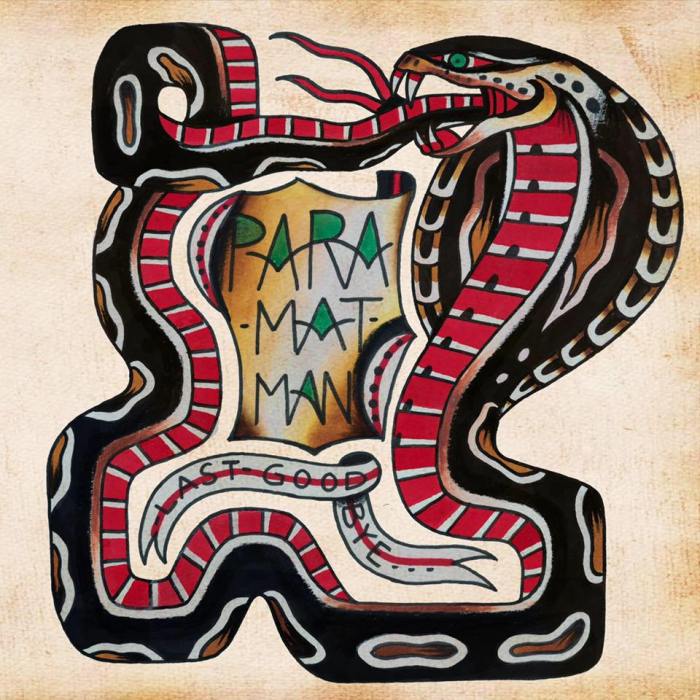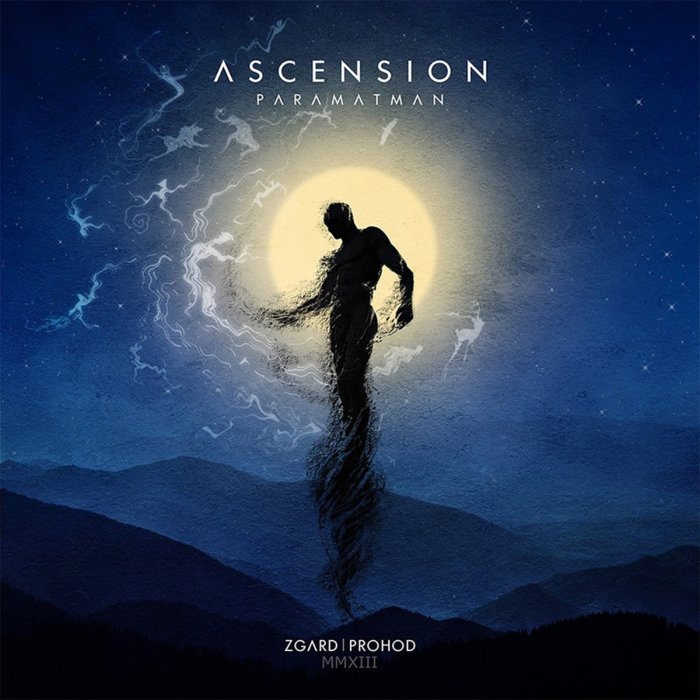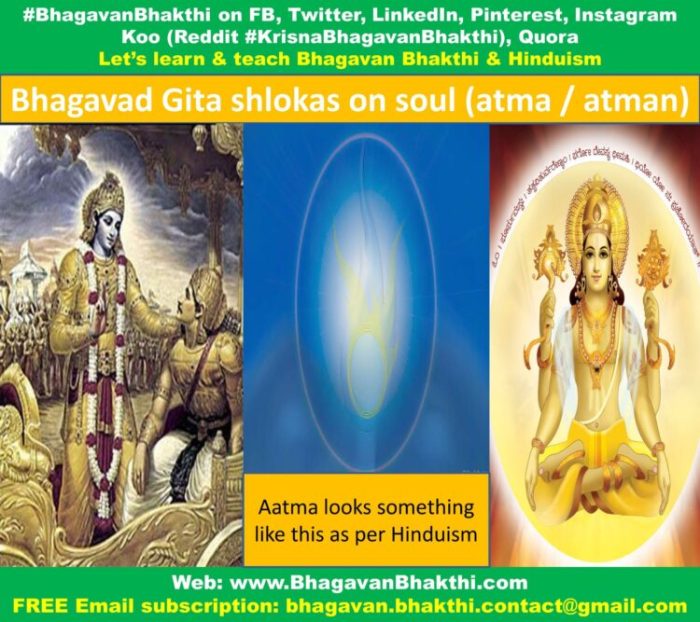Universal soul in hinduism crossword – Delve into the enigmatic concept of the universal soul in Hinduism, a fundamental belief that has shaped Hindu philosophy and spirituality for centuries. Embark on a journey to unravel the significance of the universal soul, its relationship with Brahman and Atman, and its profound influence on karma, reincarnation, and the ultimate goal of moksha.
This comprehensive guide explores the various symbols used to represent the universal soul, providing a deeper understanding of its profound connection to the divine and the cosmos. Discover how the universal soul continues to be reinterpreted in modern Hinduism, addressing contemporary issues and challenges with enduring wisdom.
Universal Soul in Hinduism

The concept of the universal soul, also known as Brahman or Atman, is a fundamental belief in Hinduism. It is the belief that all living beings are connected to a single, universal consciousness or energy. The universal soul is often described as being infinite, eternal, and unchanging.
It is the source of all life and the ultimate goal of all spiritual seekers.The significance of the universal soul in Hindu philosophy cannot be overstated. It is the foundation of the belief in reincarnation and karma. Hindus believe that the individual soul, or jiva, is a part of the universal soul and that it is reborn into different bodies until it achieves moksha, or liberation from the cycle of rebirth.
The universal soul is also the source of all knowledge and wisdom. Hindus believe that by meditating on the universal soul, they can gain access to this knowledge and wisdom.The universal soul is represented in Hindu scriptures in a variety of ways.
It is often depicted as a radiant light or a cosmic egg. It is also sometimes represented as a deity, such as Vishnu or Shiva. The universal soul is the ultimate reality, and it is the goal of all Hindus to realize their connection to it.
Examples of the Universal Soul in Hindu Scriptures
There are many examples of the universal soul in Hindu scriptures. In the Bhagavad Gita, Krishna says, “I am the universal soul, the beginning and the end of all things.” In the Upanishads, it is said that “the universal soul is the source of all life and the ultimate goal of all spiritual seekers.”
The Rig Veda describes the universal soul as “the one who is beyond all form and name.”These are just a few examples of the many ways that the universal soul is represented in Hindu scriptures. The universal soul is a fundamental belief in Hinduism, and it is the source of all life and the ultimate goal of all spiritual seekers.
Brahman and Atman

The concepts of Brahman and Atman are central to the understanding of the universal soul in Hinduism. Brahman is the ultimate reality, the ground of all existence, and the source of all that is. It is eternal, infinite, and unchanging.
Atman, on the other hand, is the individual soul, the spark of Brahman that resides within each of us. It is our true self, our essential nature.
The relationship between Brahman and Atman is one of identity. Atman is not separate from Brahman but is, in fact, one with it. This is expressed in the famous Hindu scripture, the Upanishads, which states, “Tat tvam asi,” meaning “Thou art that.”
This identity of Brahman and Atman is the foundation of the Hindu concept of self-realization, the goal of which is to realize our true nature as Brahman.
The Role of the Universal Soul in Self-Realization
The universal soul plays a crucial role in the process of self-realization. It is the bridge between Brahman and Atman, the means by which we can experience our true nature. The universal soul is present in all of us, and it is through meditation and other spiritual practices that we can connect with it and experience our oneness with Brahman.
When we realize our oneness with the universal soul, we experience a profound sense of peace, love, and joy. We see the world with new eyes, and we understand our place in the grand scheme of things. We become more compassionate and understanding, and we live our lives with greater purpose and meaning.
Karma and Reincarnation

Karma and reincarnation are two important concepts in Hinduism. Karma refers to the sum of an individual’s actions and their consequences, while reincarnation refers to the rebirth of a soul into a new body after death. These concepts are closely related, as karma determines the nature of an individual’s reincarnation.
The universal soul, Brahman, is the source of all karma. When an individual soul, Atman, incarnates into a body, it brings with it the karma it has accumulated in previous lives. This karma influences the individual’s experiences and destiny in its current life.
The Cycle of Birth and Death
The cycle of birth and death is a fundamental part of Hinduism. According to this belief, an individual soul is reborn into a new body after death, until it achieves moksha, or liberation from the cycle of rebirth.
- Birth:The soul is born into a new body, determined by its karma from previous lives.
- Life:The individual experiences the consequences of their past actions and creates new karma.
- Death:The soul leaves the body and returns to the universal soul, Brahman.
- Reincarnation:The soul is reborn into a new body, carrying the karma it has accumulated in previous lives.
The cycle of birth and death continues until the soul achieves moksha. Moksha is a state of liberation from the cycle of rebirth, where the soul merges with Brahman and experiences eternal bliss.
Moksha and the Universal Soul

Moksha is a Sanskrit term that refers to liberation from the cycle of rebirth. It is the ultimate goal of Hinduism, and it is achieved when the individual soul (atman) realizes its identity with the universal soul (Brahman). The universal soul is the eternal, unchanging, and infinite reality that underlies all existence.
It is the source of all things, and it is the ultimate destination of all souls.
The role of the universal soul in achieving moksha is to provide the individual soul with the knowledge and guidance it needs to break free from the cycle of rebirth. The universal soul is the source of all wisdom and compassion, and it is through the grace of the universal soul that the individual soul can achieve liberation.
The Path to Moksha
The path to moksha is not easy. It requires a great deal of effort and dedication. However, it is a path that is open to all, and it is a path that is ultimately worth taking. The first step on the path to moksha is to develop a strong ethical foundation.
This means living a life of truthfulness, non-violence, and compassion. The next step is to develop a deep understanding of the nature of the universal soul. This can be done through meditation, yoga, and the study of sacred texts.
As the individual soul develops a deeper understanding of the universal soul, it begins to realize its own identity with the universal soul. This realization is known as Self-realization. Self-realization is the culmination of the path to moksha, and it is the moment when the individual soul is finally liberated from the cycle of rebirth.
Symbolism of the Universal Soul

In Hinduism, the universal soul, known as Brahman, is often represented through various symbols that carry profound significance. These symbols reflect the attributes and qualities of the universal soul, connecting it to the physical world and aiding in its understanding.
One of the most prominent symbols of Brahman is the Om(ॐ) syllable. This sacred sound is considered the primordial vibration from which all creation emanated. It represents the unity of all things and the interconnectedness of the universe. Omis often chanted in meditation and rituals to connect with the universal soul.
Cosmic Egg (Brahmanda), Universal soul in hinduism crossword
The cosmic egg symbolizes the potential and manifestation of the universe. It represents the unmanifest Brahman before creation, containing all the potential for existence within it. As the egg hatches, the universe unfolds, revealing the diversity and complexity of creation.
Lotus Flower (Padma)
The lotus flower, emerging from muddy waters, represents purity and transcendence. It symbolizes the soul’s journey from the material world to the spiritual realm. The lotus flower’s beauty and fragrance are often associated with the divine qualities of Brahman.
Shiva Linga
The Shiva linga is a phallic symbol that represents the creative and destructive aspects of Brahman. It is often worshipped as a manifestation of Shiva, the god of destruction and transformation. The linga symbolizes the generative power of the universe and the cyclical nature of existence.
The Universal Soul in Modern Hinduism

The concept of the universal soul, or Brahman, remains central to Hinduism today. However, its interpretation has evolved in response to changing social and intellectual contexts.In modern Hinduism, the universal soul is often seen as a source of unity and interconnectedness.
It is believed to be present in all beings, regardless of their form or status. This understanding of the universal soul has led to a greater emphasis on compassion and social justice in Hinduism.
Reinterpretations of the Universal Soul
One of the most significant reinterpretations of the universal soul in modern Hinduism is the concept of the “immanent divine.” This idea holds that the universal soul is not only transcendent, but also present within the world. This immanence of the divine has led to a greater focus on the sacredness of all life and the importance of living in harmony with the natural world.Another
important reinterpretation of the universal soul is the concept of the “personal God.” This idea holds that the universal soul can be experienced as a personal deity. This personal God can be worshipped and prayed to, and it can provide guidance and support in daily life.
FAQ Insights: Universal Soul In Hinduism Crossword
What is the concept of the universal soul in Hinduism?
The universal soul, also known as Brahman, is the ultimate reality and the source of all existence in Hinduism. It is believed to be an impersonal, infinite, and eternal consciousness that pervades the entire universe.
How is the universal soul related to Brahman and Atman?
Brahman is the universal soul, while Atman is the individual soul. Atman is a part of Brahman and shares its essential nature. The goal of Hinduism is to realize the unity of Atman and Brahman.
What is the role of the universal soul in the cycle of birth and death?
The universal soul is the source of all life and consciousness. It is believed that the individual soul takes on different bodies in each life, based on its karma. The goal is to eventually break free from the cycle of birth and death and achieve moksha.